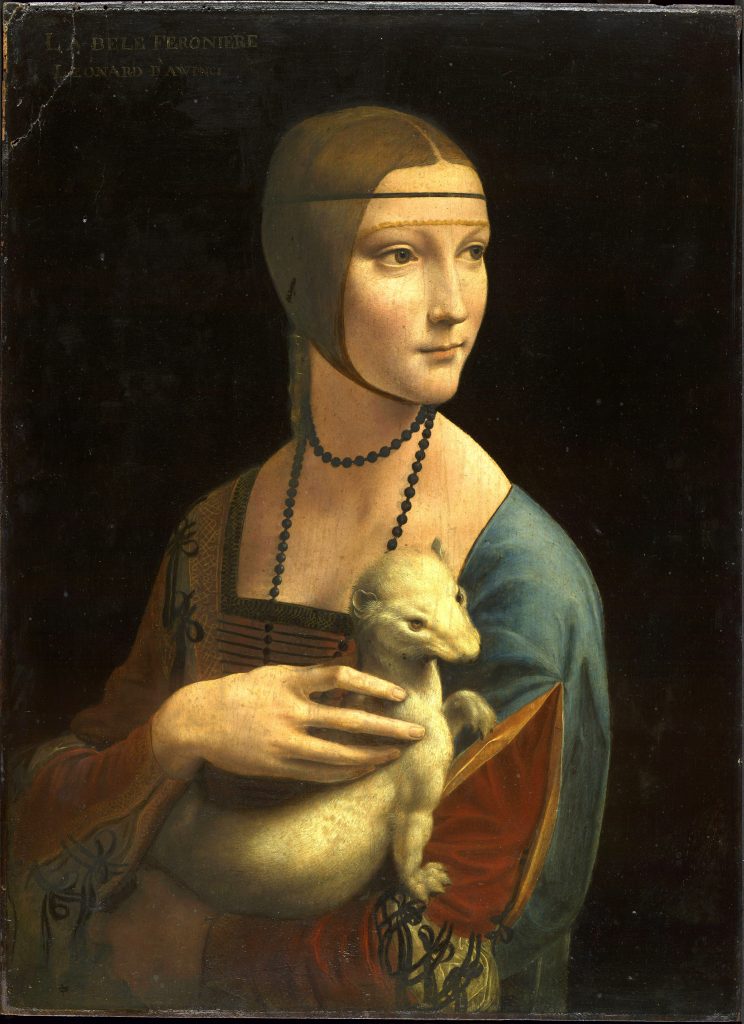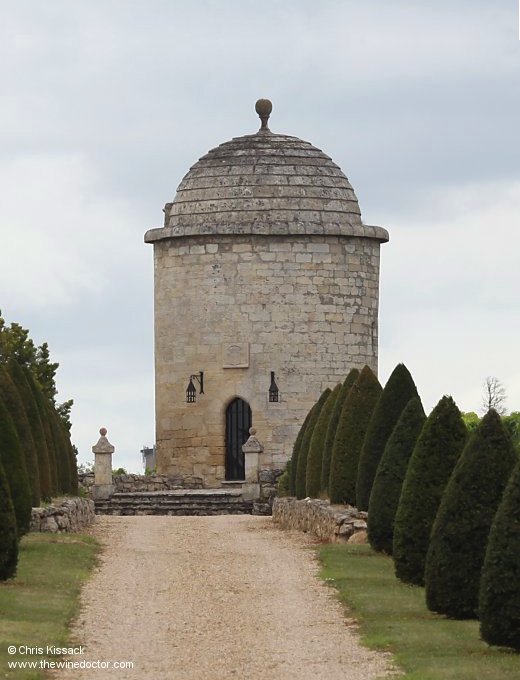SOL SOLECITO, LUNA LUNERA
Sol, solecito, caliéntame un poquito,
por hoy por mañana, por toda la semana,
luna lunera, cascabelera,
cinco pollitos y una ternera.
Luna, lunera, cascabelera,
Los ojos azules, la cara morena.
Luna, lunera, cascabelera,
Debajo de la cama tienes la cena.
Luna, lunera, cascabelera,
Toma un ochavo para canela.
Caracol, caracol, a la una sale el sol,
sale Pinocho tocando el tambor
con una cuchara y un tenedor.
Que llueva, que llueva
La Virgen de la Cueva
Los pajaritos cantan,
Las nubes se levantan.
¡Que sí, que no,
que caiga un chaparrón!
Que siga lloviendo,
Los pájaros corriendo
Florezca la pradera
Al sol de la primavera.
¡Que sí, que no,
que llueva a chaparrón,
que no me moje yo!
Sunny Sun, Moony Moon
Sun, sunny sun, rise and shine, sunny Sun,
Any day, every day, warm everyone,
Moon, moony Monday, rattle only one day,
One little moo-cow, six chicks on Sunday.
Moon, moony Monday, two blue eyes,
Sunny sunny face and sunny sunny skies.
Moon, moony rattle, for a sleepyhead,
Sleepyhead, your supper’s underneath your bed.
Moony moony rattle, take a penny quick,
Take a pretty penny for a cinnamon stick.
Snaily snail in the sun,
Snaily snail, clock struck one,
Peter Pinecone, sun and moon,
Bangs his drum with fork and spoon.
Rainier and rainier
Lady of Lodeña
The dicky-birds are cheeping
The cloudy-clouds are leaping
It’s yes, it’s no,
It’s raining, let it snow!
Rainy rainy weather
Birds of a feather
All flock together
Sun, showers, fields of flowers,
Spring sun, rainy sky,
Just you keep me dry!


 St Emilion Balestard La Tonnelle - Credit Chris Kissack[/caption]
St Emilion Balestard La Tonnelle - Credit Chris Kissack[/caption]
